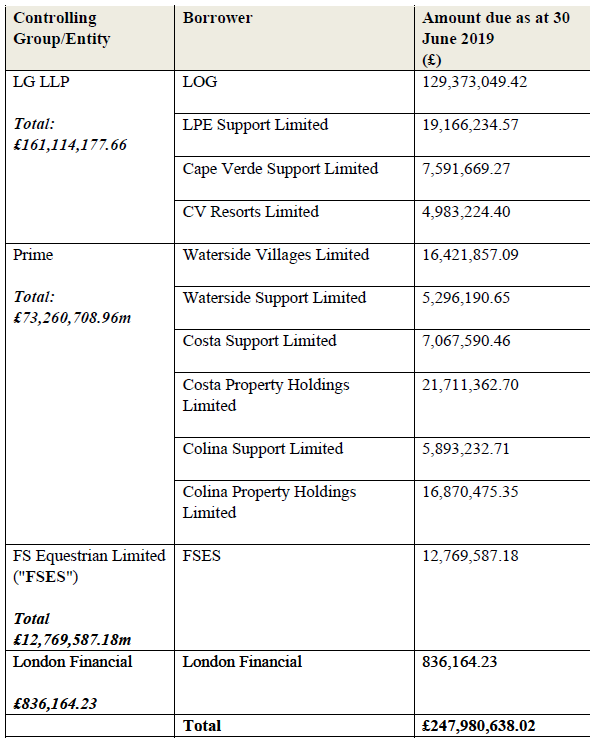BAILII is celebrating 24 years of free online access to the law! Would you consider making a contribution?
No donation is too small. If every visitor before 31 December gives just £1, it will have a significant impact on BAILII's ability to continue providing free access to the law.
Thank you very much for your support!


